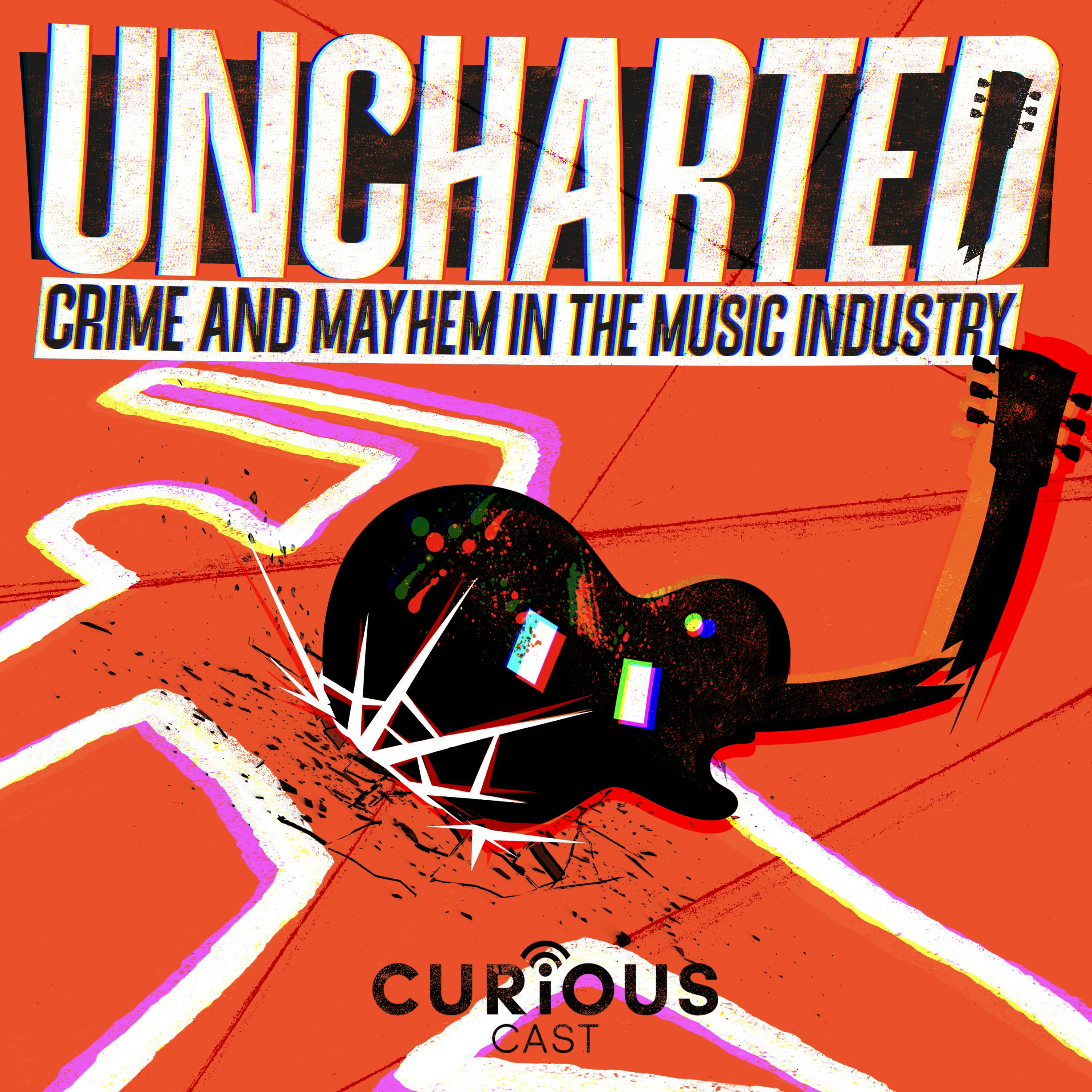
The Great American Payola $candal Part 1 | 20

Uncharted: Crime and Mayhem in the Music Industry
Deep Dive
Shownotes Transcript
In a fair and just universe, we would live in a meritocracy…the best and most talented would naturally rise to the top and be properly recognized and compensated for their contributions to humanity…yeah, nice idea, but…
We’d like to think that music operates this way…the best and the brightest naturally have their songs heard and become popular because, well, they’re good…these artists have hit records and are deservedly rewarded by the world with the fruits of their God-given natural abilities…again, lovely idea, but hopelessly naïve…
The music business can be an ugly place…as Hunter S. Thompson allegedly once said, “The music business is a cruel and shallow money trench, a long plastic hallway where thieves and pimps run free, and good men die like dogs”…(I should also add that the quote ends with “there’s also a negative side”—but I think he made his point)…
It’s a viciously competitive game…and the truth is that sheer talent is not enough to make it big…every potential hit song needs a powerful distribution and marketing system behind it, someone who will work the song by elbowing other artists out of the way…
The goal is to get the song heard by any means necessary…once that is achieved, it’s push, push, push to make the song ubiquitous…the more people that are exposed to it, the greater the likelihood of a record being bought or a song being streamed…that’s when the money starts rolling in…
But it doesn’t end there…once a song is an actual hit, there are ancillary opportunities for revenue…soundtracks…placement in TV shows…licensing for commercials…covers by other artists…the amount of money that can be made is staggering—and everyone along the way gets a taste…
But none of that is possible unless the song is a hit...how can that happen with a perishable commodity in an environment where the end consumer—the music fan—is so fickle and unpredictable...how do you get millions of strangers to buy into a new piece of art?...
The answer: you gotta grease the wheels, create some incentives, and make offers that people just can't refuse…this is where we enter the murky and illegal world of payola…
I’m Alan Cross and this is “Uncharted: Crime and Mayhem in the Music Industry”… when it comes to payola, boy, do I have some stories for you.
**Show contact info: **
X (formerly Twitter): @AlanCross)
Website: curiouscast.ca)
Email: [email protected])
Learn more about your ad choices. Visit megaphone.fm/adchoices)